The question was asked first on LinkedIn where other answers can be found. My answer was:
“Dear Jesse,
Each of the examples you give points to the arrival of ideas during a process. Various LinkedIn participants have been discussing the process of making decisions for some time.
We have been talking about what you refer to as "ideas" as "insights" or "oversights". (Please take a look at the book Socrates Meets Descartes: The Father of Philosophy Analyzes the Father of Modern Philosophy's Discourse on Method by Peter Kreeft, to find an example of the Socratic method of exploring philosophical ideas as applied to the more modern method of the generation of concepts using Descartes self-centered approach. My reading of your question suggests that you are not addressing such different notions as philosophical ideas or self-generated concepts, though I could be wrong.)
Rather than ideas being like copies of a single form already existing completely independent of us (Plato) or completely dependent on us (Descartes), insights and oversights are the sudden appearances of an answer to an issue that a decision-maker then assents to or rejects.
As you would see from the variety of answers given during our previous discussions, such insights arrive during many different kinds of activities.
From my perspective, insights are God's answers to my prayers via what is called actual grace. When I am most aware of such answering is in my dreams, when I am not in control.
In effect, God creates the ideas and we are blessed with momentary visions of them in the stories presented in our dreams. Day-dreaming may be similarly effective, but in my experience brain-storming includes too much exertion of conscious control.
Once this process opens you up to such experiences, ideas flow quite readily. To learn more about this approach, please see Dreams: God's Forgotten Language by noted author John A. Sanford and a very practical book on the subject called Inner Work: Using Dreams and Active Imagination for Personal Growth by Robert A. Johnson.”
What do you think?
Please include your comment here or contact me to discuss.
Thanks.
John Darrouzet
for people who want to make better decisions
The Decision-Maker's Path (tm)...
Quick Overview
Blog Archive
-
▼
2008
(132)
-
▼
March
(81)
-
▼
Mar 06
(18)
- When you contend with others about judgments based...
- Asking Questions
- Rash Decisions? Is there such a thing?
- Anecdotal evidence: worthwhile or worthless, when ...
- The Reality: What you know? Who you know? Who they...
- What is more important Money or Power?
- Knowledge is power. Information is gold. Giving aw...
- Controversy: Unpredictability vs. Consistency (Yin...
- Greatest invention/theory of all time and why?
- What advice would you have for a new president of ...
- How do I find a truly satisfying role for the long...
- You Only Get One Choice On This, Just One Please!
- Are you happy?
- Advice for someone embarking on a new career adven...
- What is your definition of creativity?
- If you really believe in YOUR god how can you live...
- Where do ideas come from?
- If you had 15 to 20 minutes of radio time to speak...
-
▼
Mar 06
(18)
-
▼
March
(81)
Discovering the centers ...

... of embedded insights
MOVIES FOR DECISION-MAKERS
Below are the cover images of movies for decision-makers, with clues to better decision-making.
Romero: the significant decision
"I know men and I tell you that Jesus Christ is no mere man. Between Him and every other person in the world there is no possible term of comparison. Alexander, Caesar, Charlemagne, and I have founded empires. But on what did we rest the creation of our genius? Upon force. Jesus Christ founded His empire upon love; and at this hour millions of men would die for Him."
--Napoleon
Decision-making: like climbing ...

a spiral staircase...one step at a time.
John Darrouzet
Special Counsel for Decision-Makers
Links
Followers
Subscribe To
********************* Advertising Disclaimer *********************
NOTE WELL:
Allowing the placement of the ads set out below should not be interpreted to constitute an endorsement or recommendation in any way by Special Counsel for Decision-Making or John Darrouzet of the content or programs referred to therein by the advertisers.
*****************************************************************************************************************************************
Allowing the placement of the ads set out below should not be interpreted to constitute an endorsement or recommendation in any way by Special Counsel for Decision-Making or John Darrouzet of the content or programs referred to therein by the advertisers.
*****************************************************************************************************************************************
*************************** Legal Notice **************************
Decision-Maker's Path (tm) trademark by, and blog content copyright © 2008, John Darrouzet. All rights reserved.
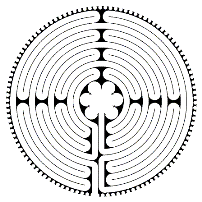
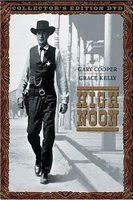





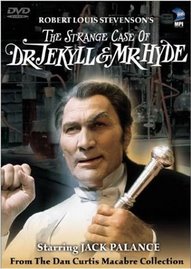


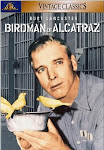


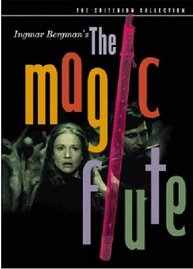





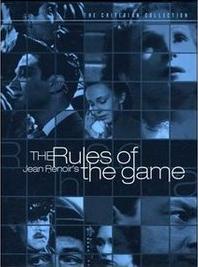

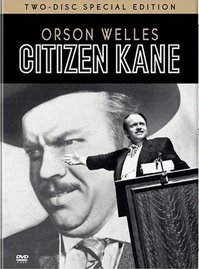
















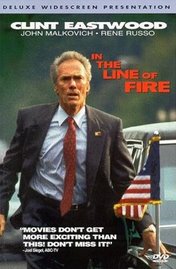



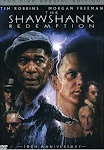






No comments:
Post a Comment